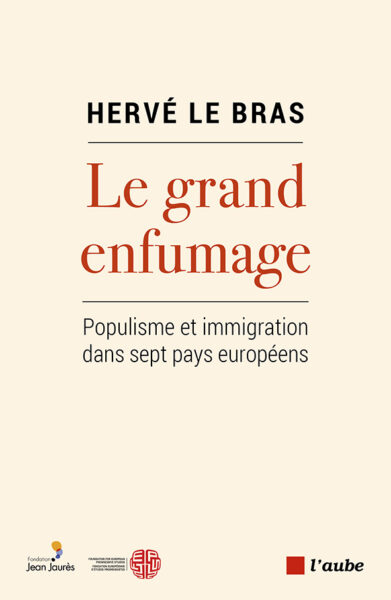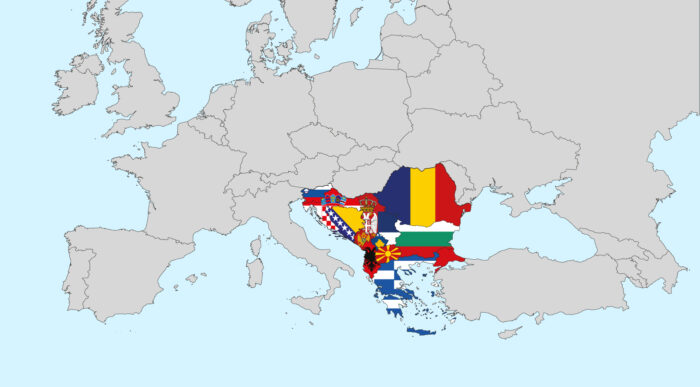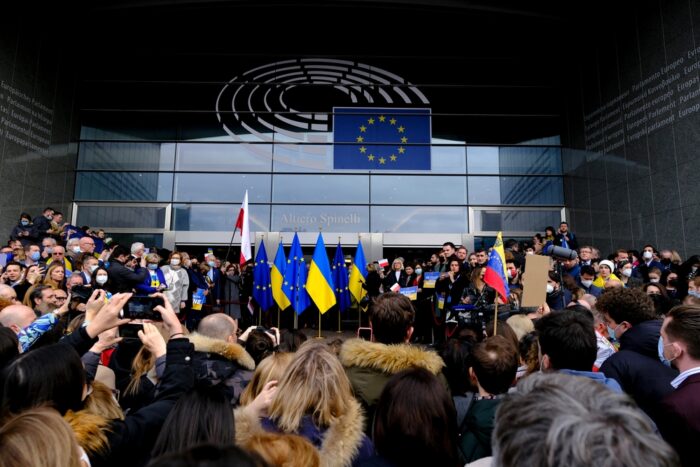The development of social networks, which lends scope for new forms of exchange and the creation of a collective intelligence, plays a major role today in the changes affecting formal education. It is this precise phenomenon that Christine Redecker and Yves Punie address in this Futuribles special feature on the “School in the Digital Era.” They present in this article the main findings of an IPTS study on Learning 2.0. or, in other words, on the use of Web 2.0 – and, in particular, the social media – in education, and the role it can play in improving learning and stimulating innovation.
This study, conducted at the European level, is based on an analysis of the literature and on 250 case studies (including 16 in-depth studies) and an expert seminar. Beyond the assessment of significant innovations described in the study, Redecker and Punie provide interesting insights into the new styles of learning among young people, showing particularly that the use of Web 2.0 both requires and facilitates technological, pedagogical and organizational innovations, thereby contributing to a modernization of educational institutions that is crucial to facing the challenges of the 21st century. Without concealing the challenges that remain to be faced or the obstacles to be overcome, they end by proposing various recommendations for confronting these challenges.
Learning in the Age of Web 2.0: A Roundup of Innovative Practices in Europe
Cet article fait partie de la revue Futuribles n° 379, nov. 2011



